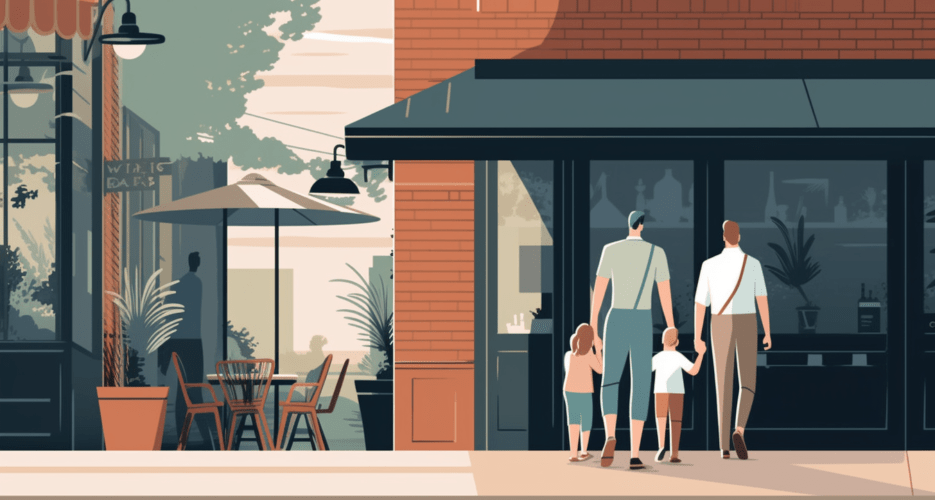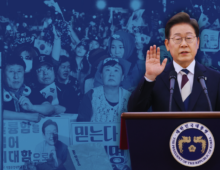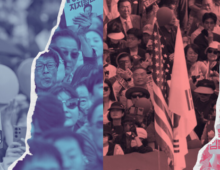Children’s rights take a backseat as adults seek tranquil environments in the country’s changing cultural landscape
In an environment where trendy cafes, restaurants, and even public libraries are increasingly declaring themselves “child-free zones,” South Korean parents are feeling the squeeze.
“Whenever I go out with my son, I genuinely have no idea where to go,” said South Korean lawmaker Yong Hye-in while cradling her 23-month-old son during her address at the National Assembly on May 4th, a day before Children’s Day.
In an environment where trendy cafes, restaurants, and even public libraries are increasingly declaring themselves “child-free zones,” South Korean parents are feeling the squeeze.
“Whenever I go out with my son, I genuinely have no idea where to go,” said South Korean lawmaker Yong Hye-in while cradling her 23-month-old son during her address at the National Assembly on May 4th, a day before Children’s Day.
Get your
KoreaPro
subscription today!
Unlock article access by becoming a KOREA PRO member today!
Unlock your access
to all our features.
Standard Annual plan includes:
-
Receive full archive access, full suite of newsletter products
-
Month in Review via email and the KOREA PRO website
-
Exclusive invites and priority access to member events
-
One year of access to NK News and NK News podcast
There are three plans available:
Lite, Standard and
Premium.
Explore which would be
the best one for you.
Explore membership options
© Korea Risk Group. All rights reserved.
No part of this content may be reproduced, distributed, or used for
commercial purposes without prior written permission from Korea Risk
Group.












